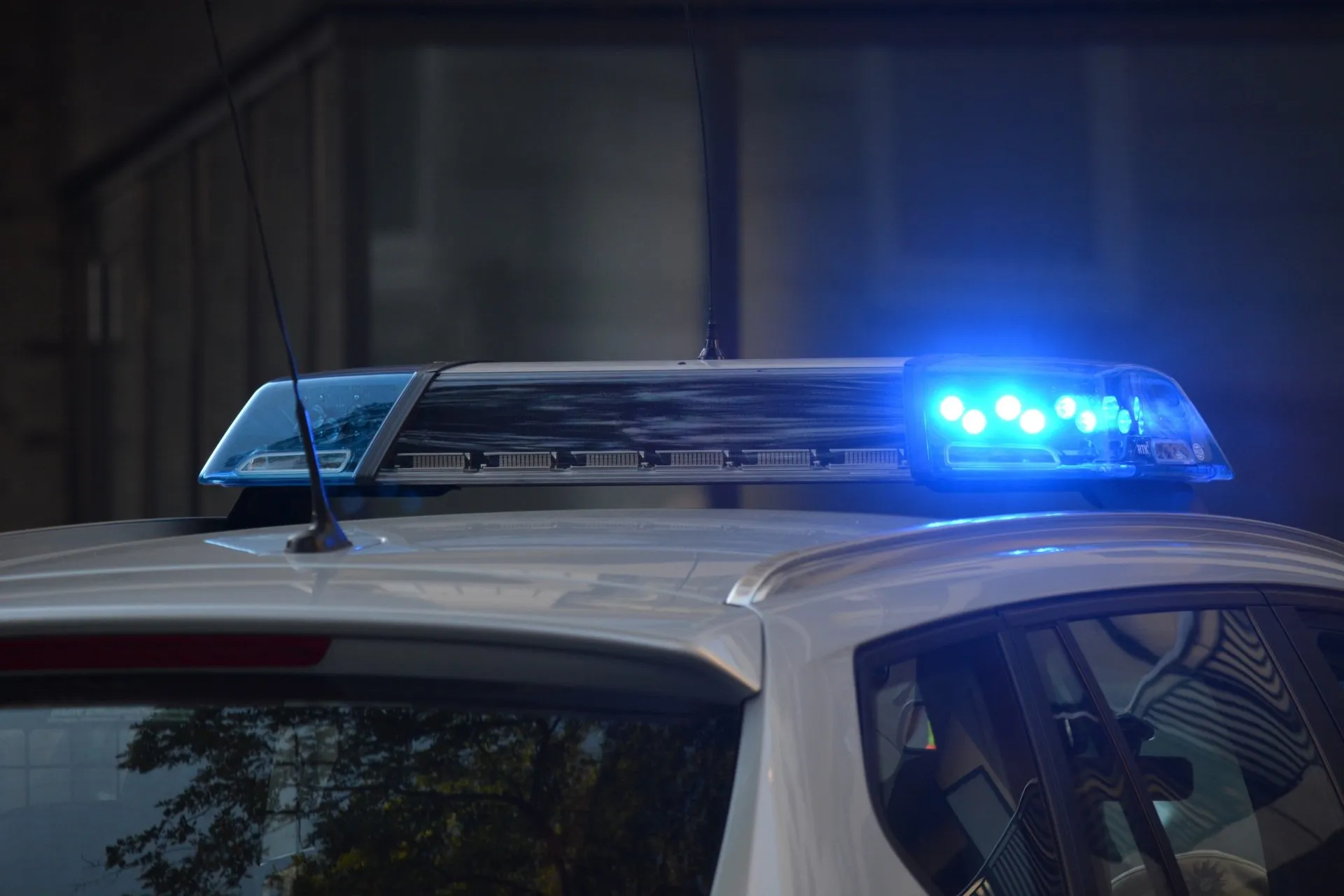In Colorado, the crime of “drunk driving” is also known as “Driving Under the Influence,” or DUI, and its lesser included offense of “Driving While Ability Impaired,” or DWAI. Whatever the name, the state has a vested interest in punishing those who drink and drive, as well as those who drive while under the influence of illegal – or prescription – drugs.
DUI / DWAI convictions carry with them serious and long-lasting consequences: jail or prison time, a heavy fine, a permanent criminal record, a lengthy suspension or revocation of your driver’s license and greatly increased auto insurance premiums. A person facing a DUI charge should not hesitate to seek immediate legal counsel from an experienced DUI defense attorney.
Drunk Driving: Elements of the Offense
The first element of the crime is “driving,” or “operating,” a vehicle. This language is intended to describe the level of physical control a person has over the motor vehicle. In Colorado, operating or driving does not require that the vehicle actually be in motion, or even that the engine be running. A person who is found sitting behind the wheel of a car with the keys in the ignition but the engine turned off may be convicted of driving or operating the car while under the influence if the Court determines that the person was in “Actual Physical Control” of the vehicle,
commonly known as “APC.” Some Courts have even convicted people sitting behind the wheel of a car while it is being towed. Passengers are seldom considered to be operators or drivers unless they grab the steering wheel.
As used in the drunk driving laws, the term “vehicle” is defined more broadly than just “motor vehicle.” Usually, a “vehicle” is defined as anything that carries people or goods: even a bicycle or wheelchair can be a “vehicle.”
A “motor vehicle” is something powered by a motor or engine. Either term can include cars, trucks, even motorboats. Most laws draw a distinction between inoperable vehicles and those that are only immobile-capable of moving, but not of moving at the time. Legal distinctions such as this are one reason you need an experienced DUI defense attorney to give your case the careful analysis needed to have a fighting chance at a successful defense.
Another element of a drunk driving charge is the location of the offense. Older drunk driving laws often included limiting phrases, such as “on the public highways of the state.” Many judges relied on that language to conclude that the drunk driving laws did not apply to someone driving on private property, including parking lots. Modern laws, however, require only proof that the offense took place within the boundaries of the State of Colorado.

Our Mission is to Help Win Your Case.
Timothy Kelly & Associates does everything in our power to ensure a positive outcome for your case. We are experienced ensuring your case never goes to trial, but if it does, we will be ready. We have helped hundreds of clients over the past 3 decades and have the experience and knowledge necessary to keep you out of jail and keep your record clean!
Need Legal Assistance?
Proof of a Drunk Driving Charge
Drunk driving laws are intended to prevent the operation of a powerful and potentially dangerous machine when the operator cannot be in adequate control. Intoxication may be presumed by the fact-finder in one of two ways: (1) a blood alcohol level in excess of a certain amount; or (2) proving that the driver or operator was impaired from the use of alcohol or illegal drugs. The first method is the method preferred by prosecutors, and most juries. The proof does not rely on anyone’s observation or opinion of someone’s behavior, but depends solely on the results of a blood alcohol test. Colorado Law requires a person who is suspected of driving while drunk or using illegal or prescription drugs to give a sample of his or her blood, breath or urine for chemical testing purposes. This law is known as “Express Consent” law, because it provides that any person who accepts the privilege of operating a motor vehicle in this state has already given his or her express consent to such a test when he or she signed their driver license application.
When a sample is taken, it’s analyzed by a machine to determine the concentration of alcohol in a person’s blood. In Colorado, the blood alcohol level at which a driver may be presumed to be DUI has been lowered to 0.08%. If a driver has a blood alcohol level of between 0.050% and 0.079%, that driver may be presumed to be DWAI. Any driver who has a blood alcohol level over the presumptive legal limit may be presumed by a jury to be either legally intoxicated or impaired. The results of the test are very persuasive to a jury, although not necessarily conclusive, and can be challenged by showing either that the test failed for some reason such as faulty or malfunctioning test equipment, an improper sampling, faulty analysis of the sample, or (in the case of a breath test) a foreign object in the mouth when the test was conducted, or by demonstrating that other physical evidence, such as how the driver looked, walked and talked, refutes the validity of the test result.
Impairment may also be proven by the facts and circumstances surrounding the incident for which the driver was stopped or arrested. These facts and circumstances include observations of the driver by eyewitnesses, statements made by the driver or operator, and circumstantial evidence (for example, evidence that a defendant left a bar after being inside for several hours). The inquiry focuses on whether the defendant’s ability to drive was impaired.
Law enforcement officers have a number of VOLUNTARY standard tests for impairment, done at the time a driver is stopped, known as “field sobriety tests” or “Roadside Maneuvers.” These tests include:
- the HGN or Horizontal Gaze Nystagmus test, which attempts to measure an involuntary jerking motion in the eyeballs;
- Walking a Straight Line, by placing one foot directly heel-to-toe in front of the other, holding one’s arms straight down to your sides, and remaining in that position throughout the instruction phase of the test, then counting out loud nine heel-to-toe steps on the line, performing a very specific type of turn, and then returning the same nine steps back to the starting point;
- Finger Tip to Nose Test: where you hold your arms straight out to the sides at shoulder level while tilting your head back and then try to touch your nose with the very end of your finger tip while keeping your eyes closed; and
- Counting Backwards and/or Reciting the Alphabet.
These VOLUNTARY tests are designed to be failed. They are quite difficult for completely sober people to perform successfully. NEVER even consider attempting to perform the VOLUNTARY Roadside Maneuvers / Field Sobriety Tests. Because they are “voluntary,” they cannot be used against you in court.
The chemical test, however, is mandatory – not voluntary. Your refusal to submit to the chemical test can be used against you in court, and will result in the loss of your driver license for a substantial period of time, unless you promptly retain an experienced DUI attorney and successfully defend the civil revocation action at DMV. Of course, even the most experienced of DUI attorney doesn’t get to make the final decision on whether you get to keep you license or not. That’s up to the DMV Hearing Officer. Although retaining an experienced DUI attorney is not a guarantee that you will prevail, your chances of success increase dramatically with that level of expertise on your side.
Other evidence of impairment may include a law enforcement officer’s observation of the defendant’s driving, which probably was the reason the driver was stopped in the first place. Conduct such as driving too fast or too slowly, weaving across lanes, and going through stop signs or stoplights may be considered evidence of a driver’s impairment. Drivers often will tell an officer who stops them that they have been drinking, how much they’ve had to drink, and when they had it. Such statements may also be evidence of impairment, and will be used against you. NEVER answer any questions from a police officer about whether or not you’ve been drinking or how much you’ve had.
Colorado drivers are supposed to be told that the Roadside Maneuvers are strictly “Voluntary.” Again, and I cannot emphasize enough, these tests are designed to be failed. Average people have difficulty passing these tests. Since they are “voluntary” – DON’T DO THEM! Politely decline to perform any and all roadside physical tests, specifically including the hand-held breath tester. The fact that you did not perform them cannot be used against you in court. This is different from refusing to take a chemical test. Not only can that refusal be used against you in court, it can cause you to lose your driving privileges for at least one year.
Drunk Driving Penalties
Recently, the penalties for drunk driving have become far more severe than they were in the past. First-time offenders face potential jail time and stiff fines, although often the penalty for a first-time offense will be something less than jail time in exchange for a pre-trial guilty plea. Repeat offenders are treated more harshly, with substantial fines and mandatory jail sentences that may not be suspended or waived by the presiding judge. State administrative regulations often call for suspension or revocation of a defendant’s driver’s license in addition to any criminal penalty. Defendants have sometimes tried to make the argument that this administrative suspension is double jeopardy prohibited by the U.S. Constitution, but these arguments have never succeeded.
Conclusion
A drunk driving charge is a serious criminal charge. Most of us rely on the ability to drive to do many everyday things, such as getting to and from work, buying groceries, and transporting family members to activities like lessons, medical appointments, and school. A person who is charged with drunk driving stands an excellent chance of losing his or her driving privileges either temporarily or permanently, and also runs the risk of suffering more severe consequences, such as a fine or a jail sentence. If you have been accused of a drunk driving offense, contact an experienced drunk driving defense attorney without delay. You can’t afford not to have expert counsel on your side – the prosecution does.



